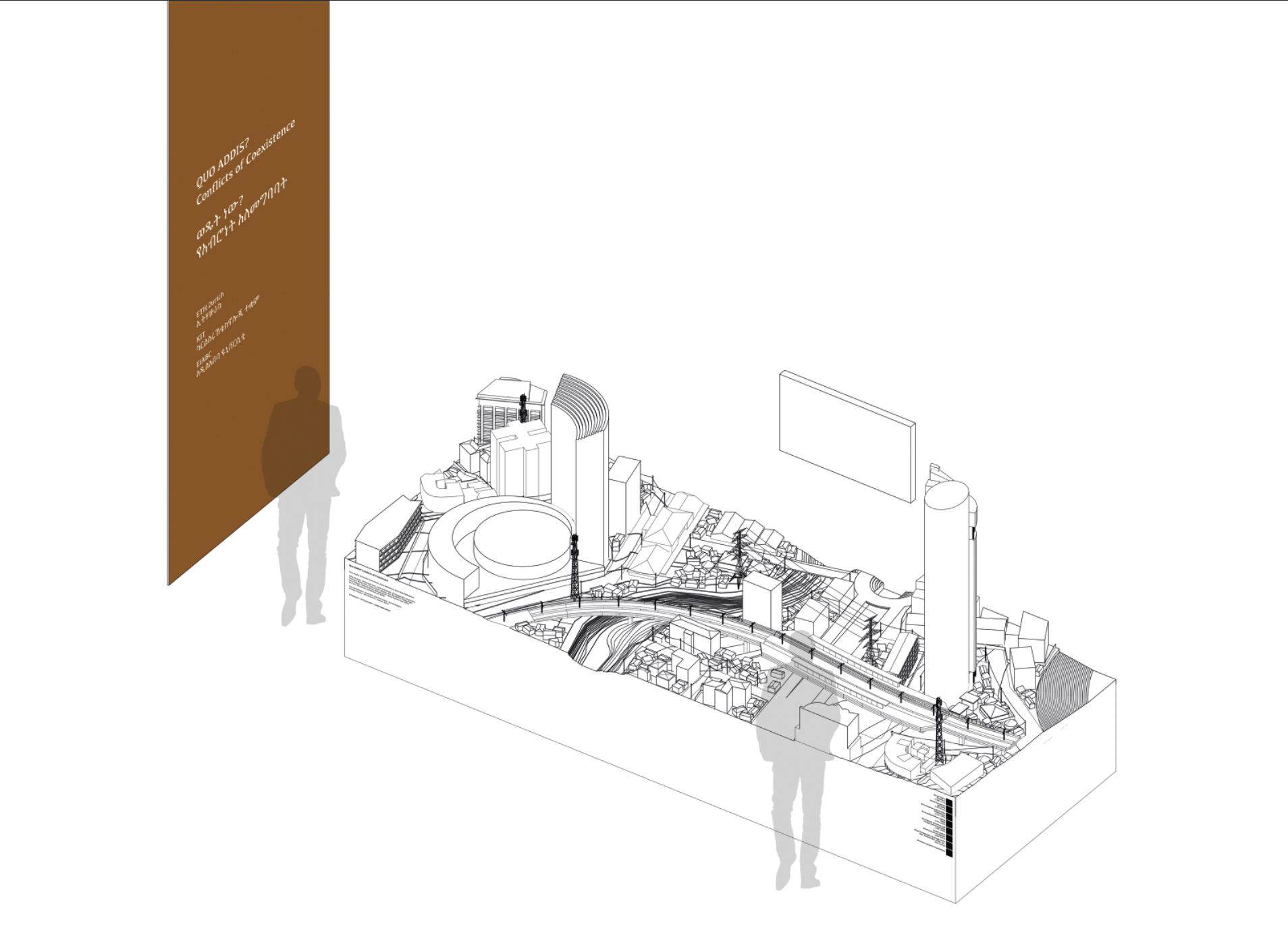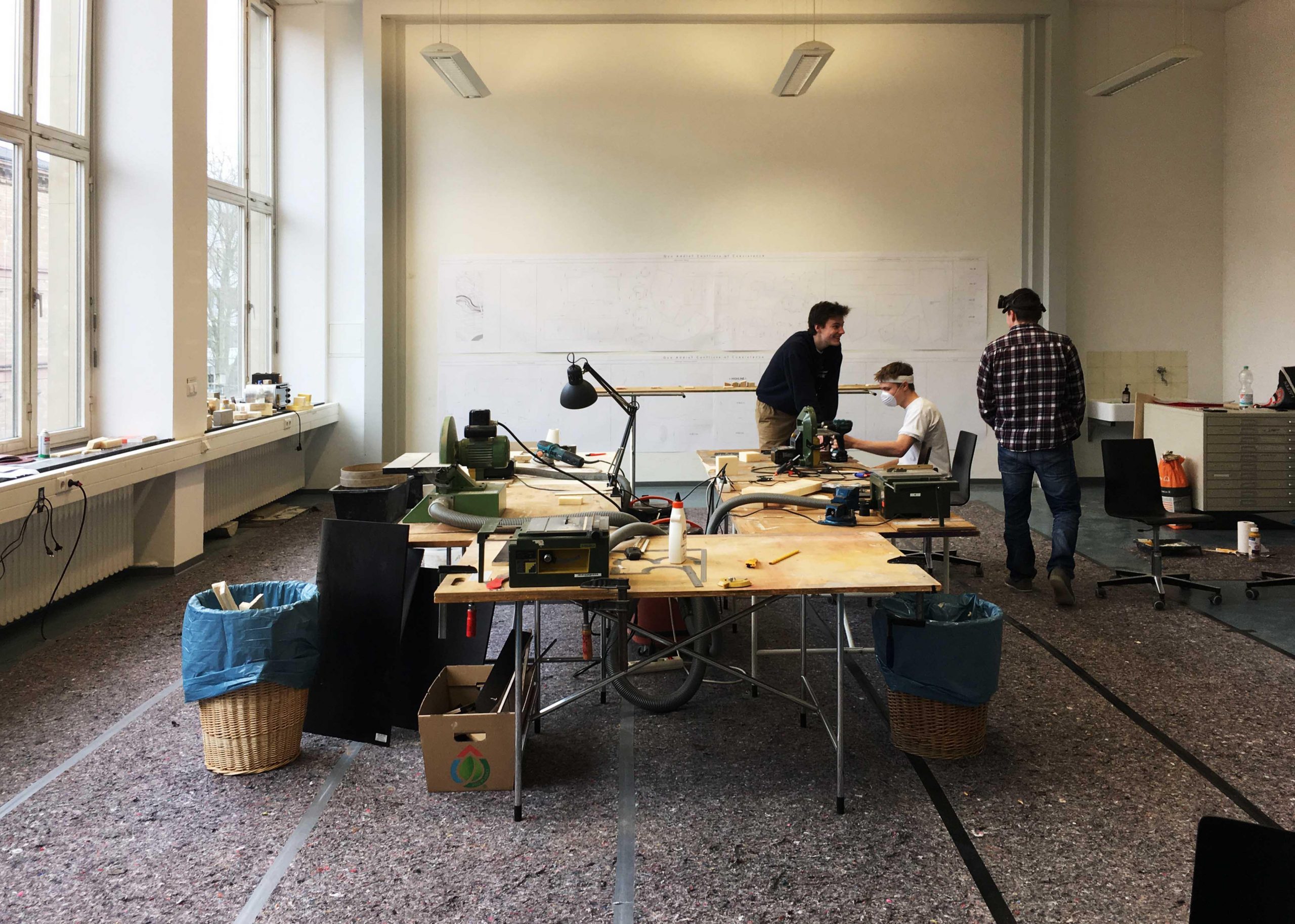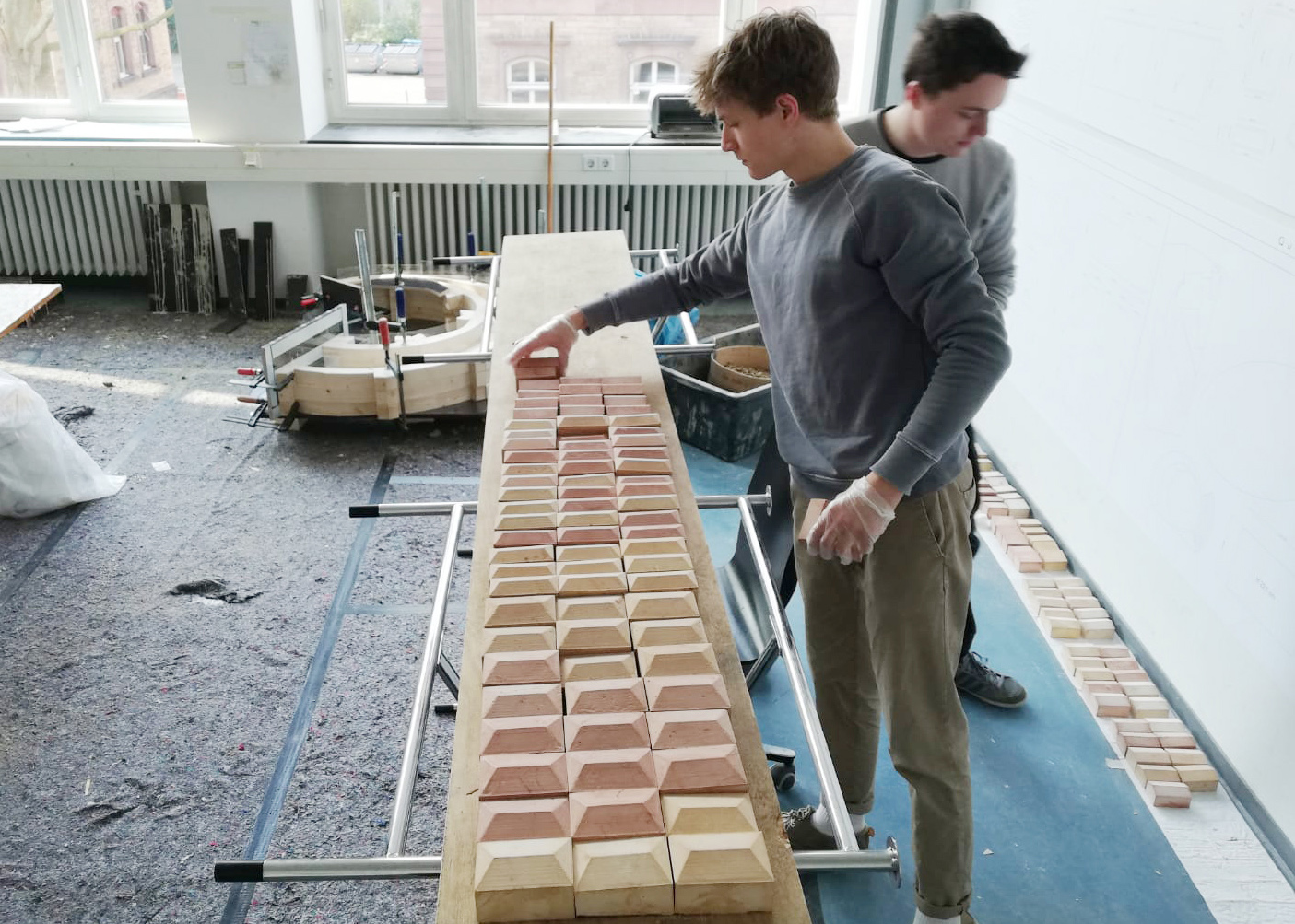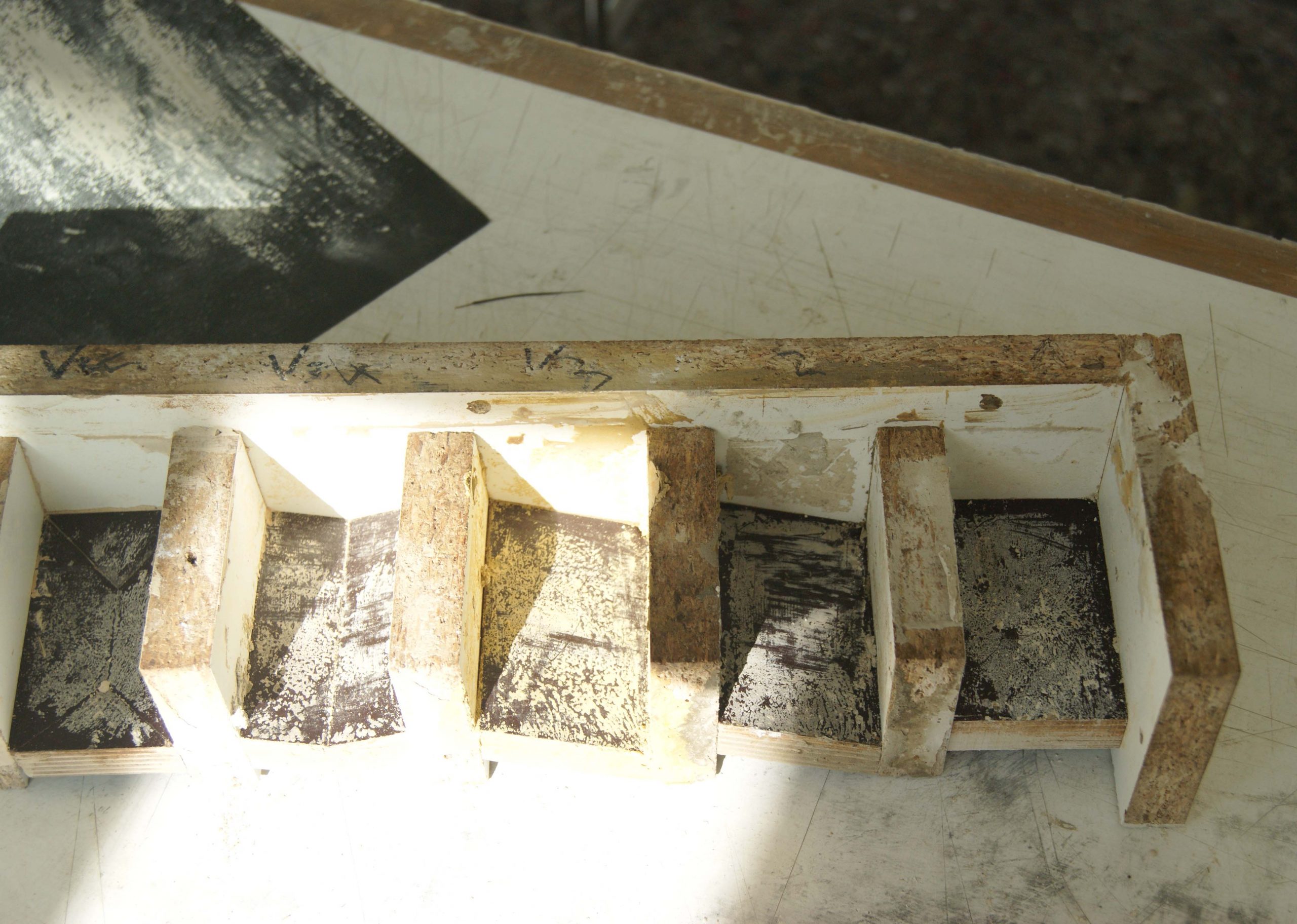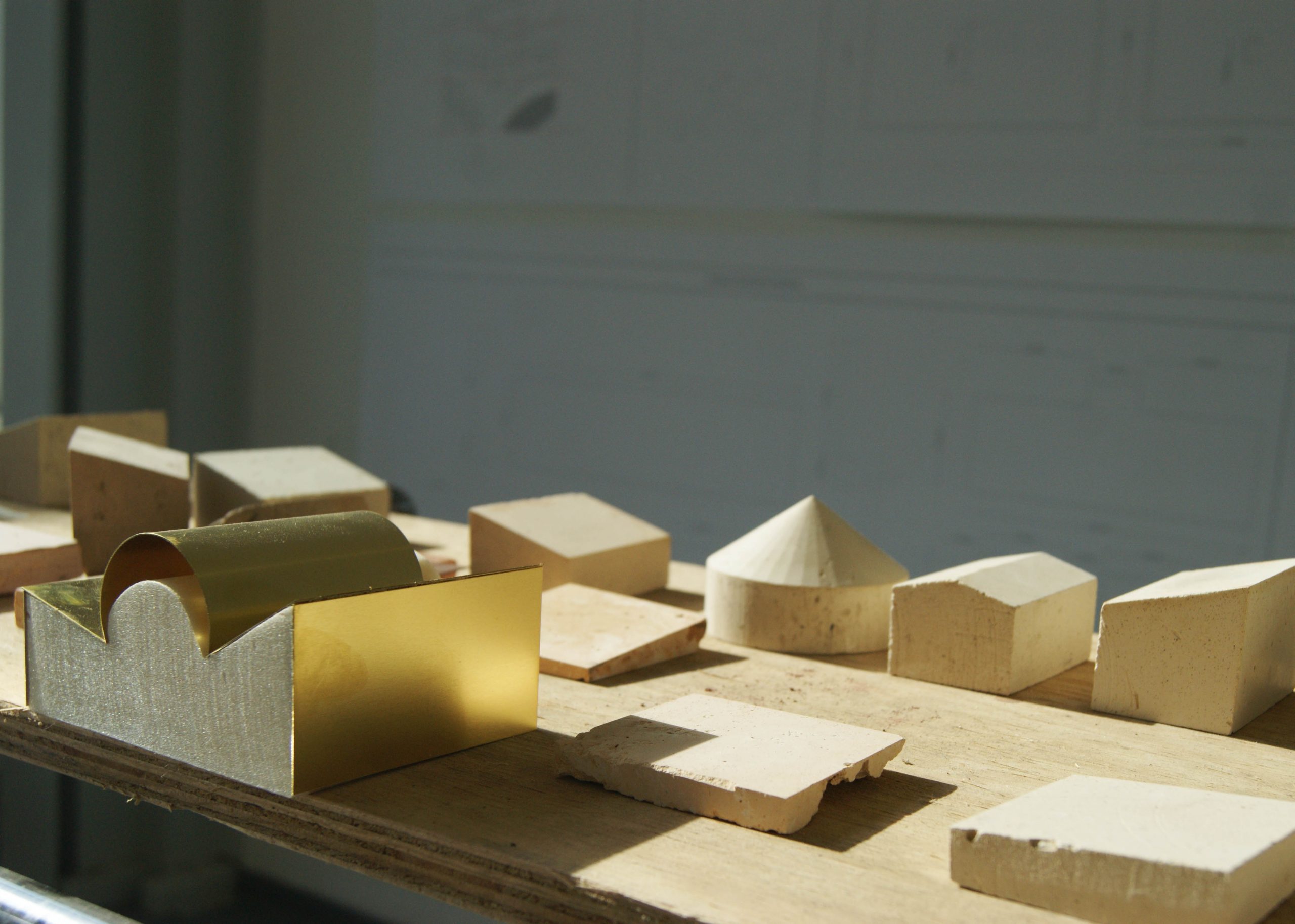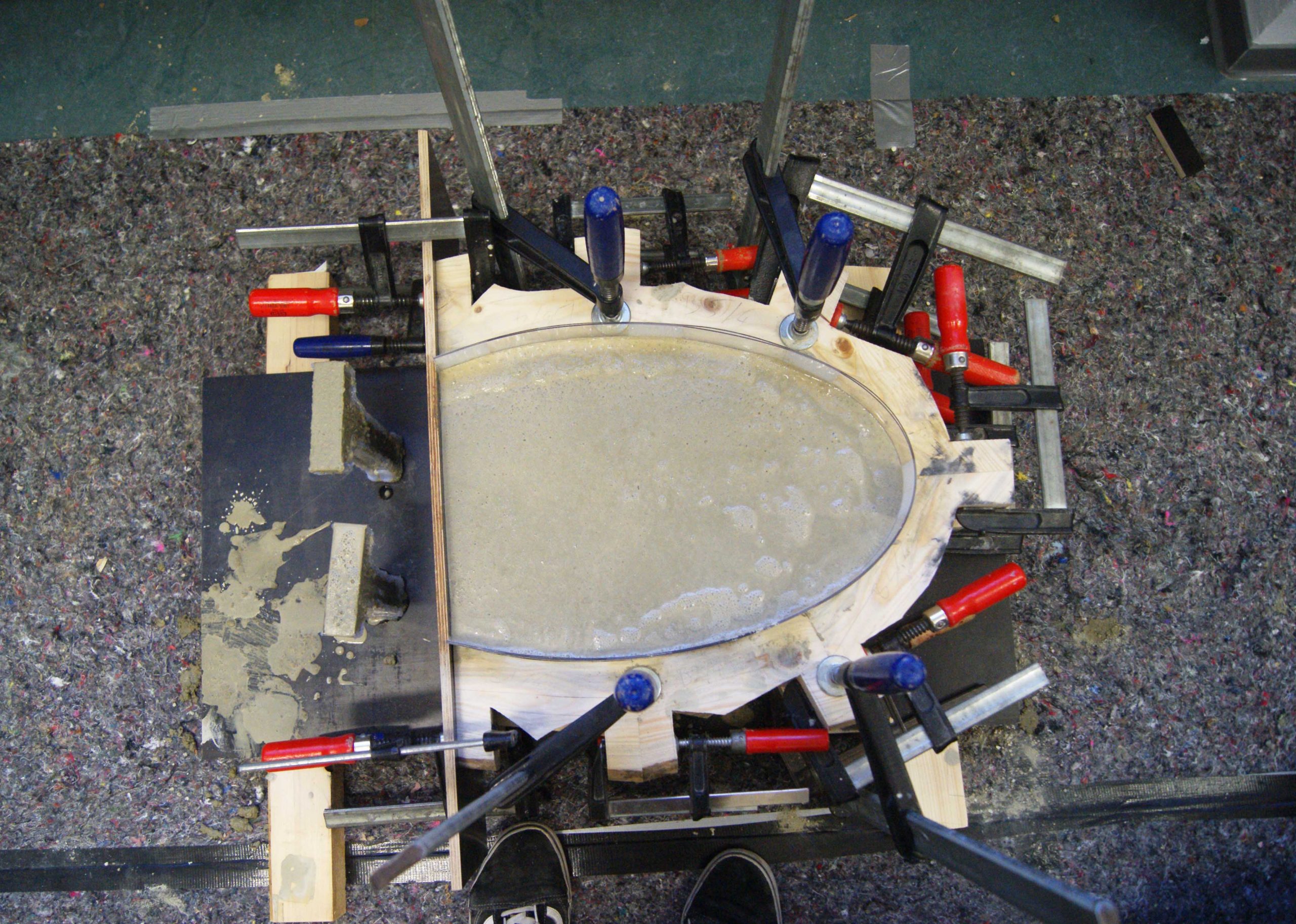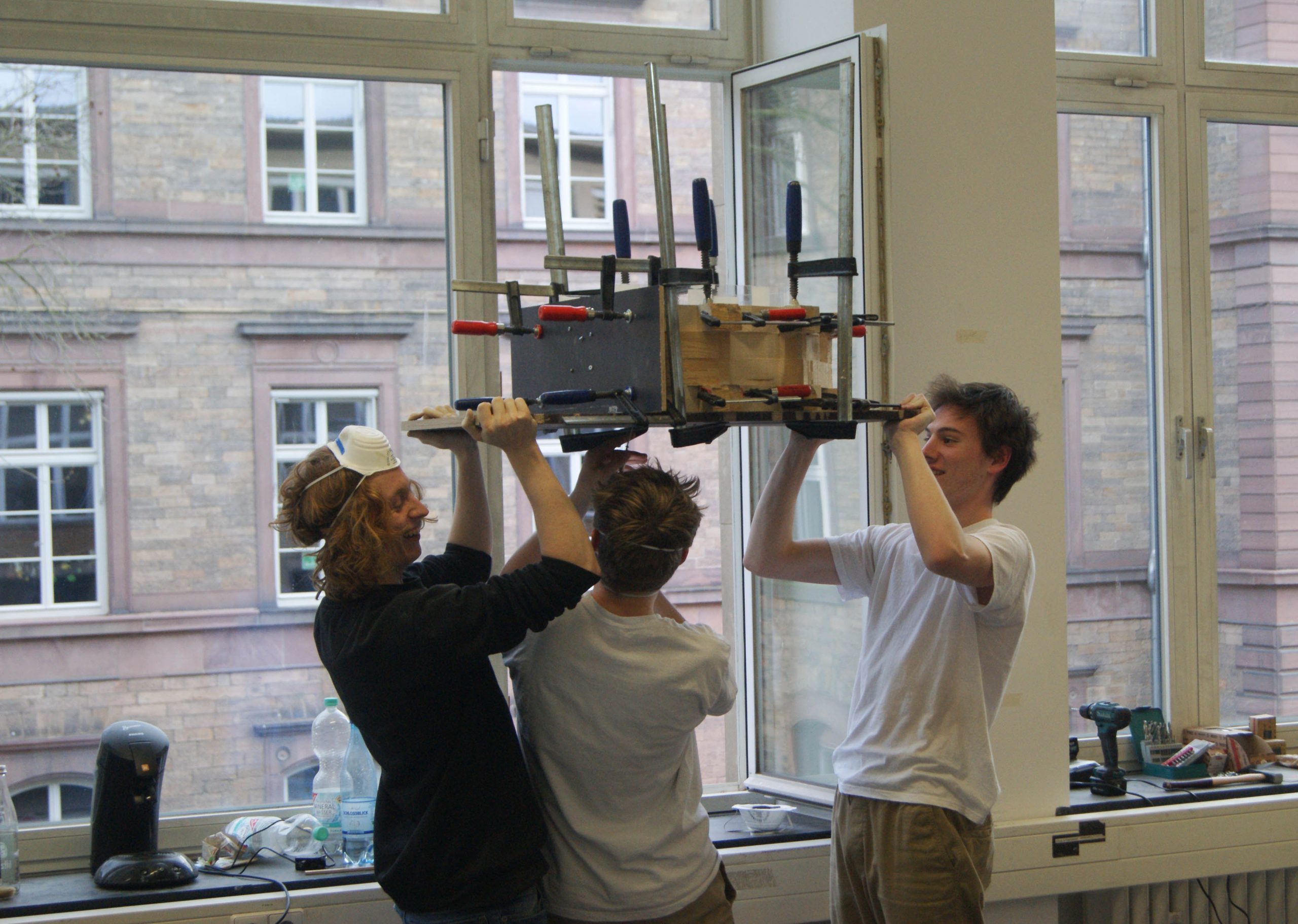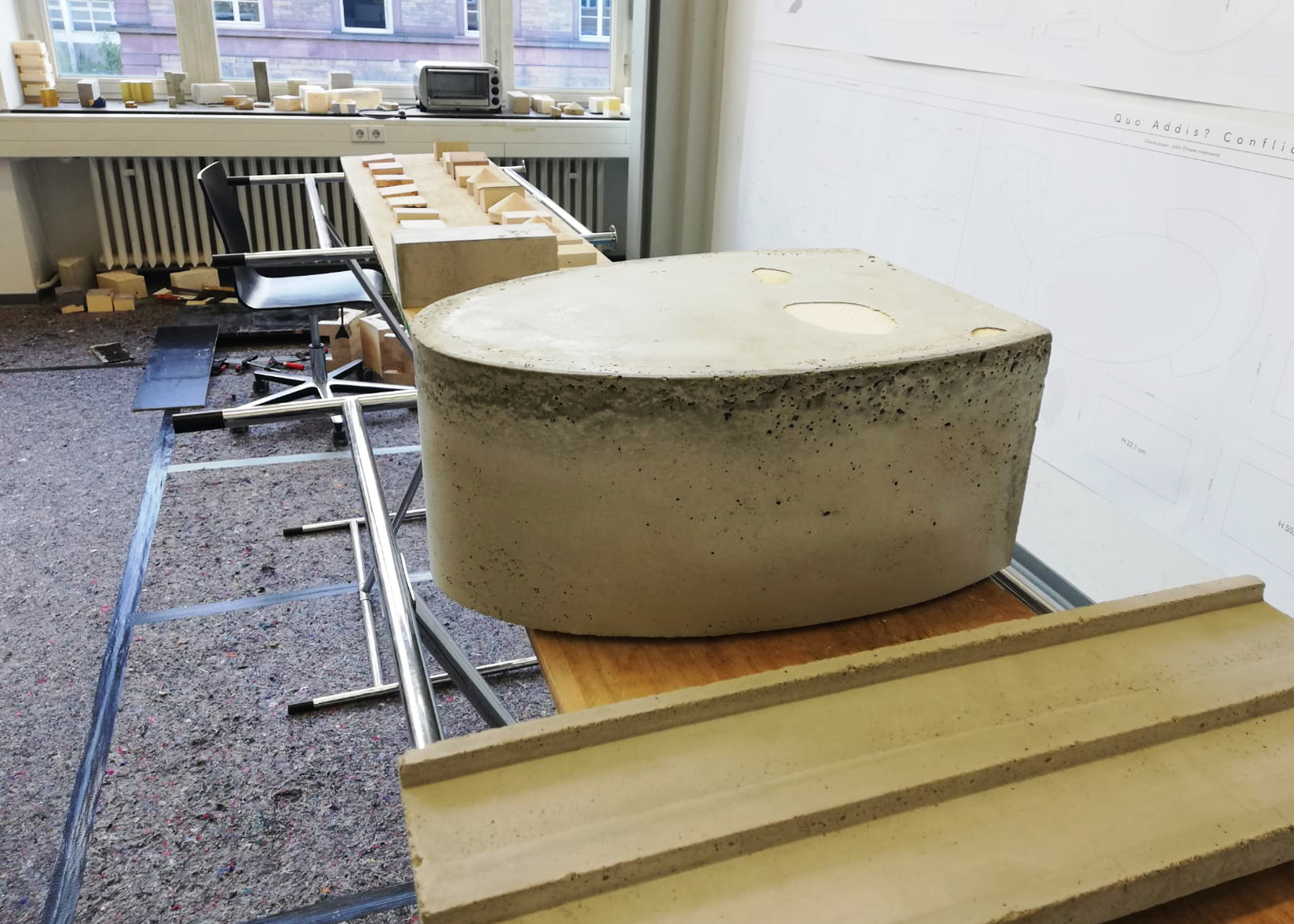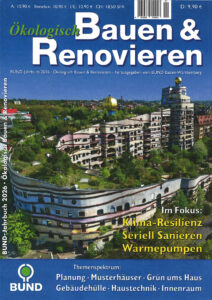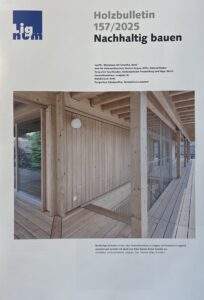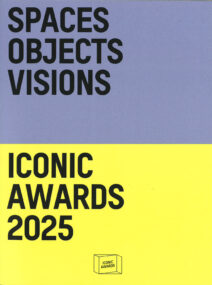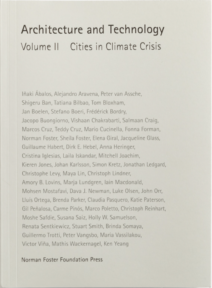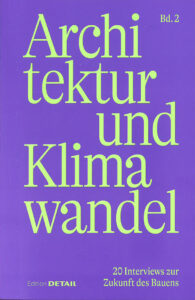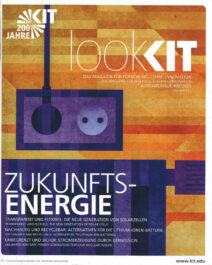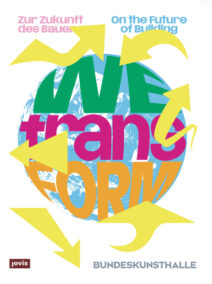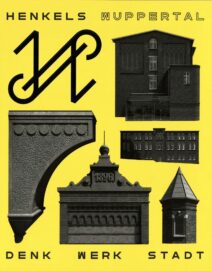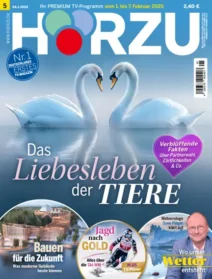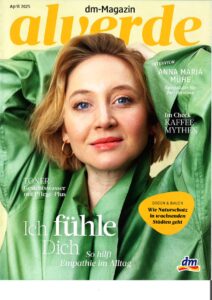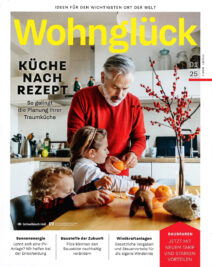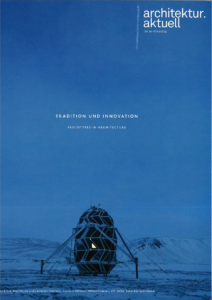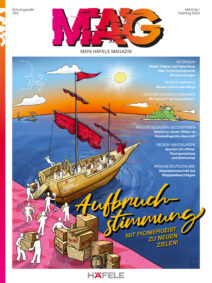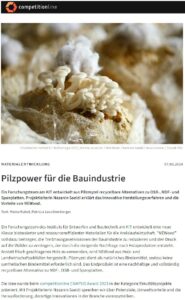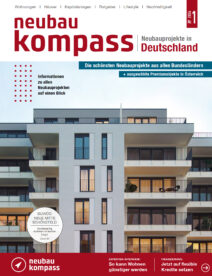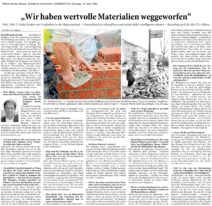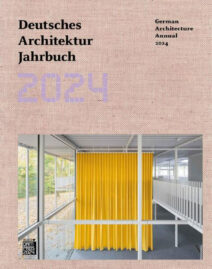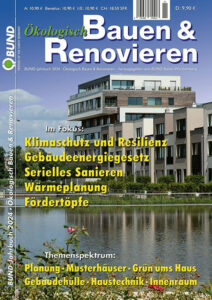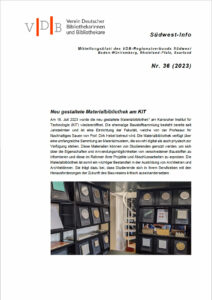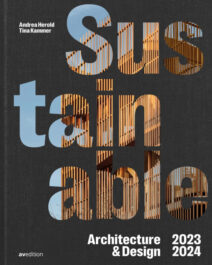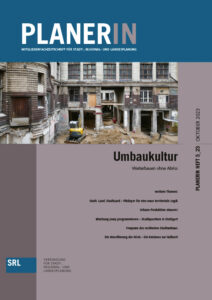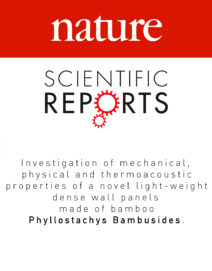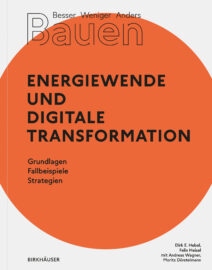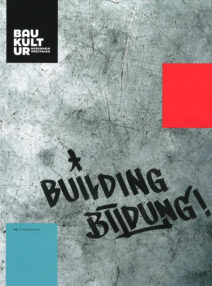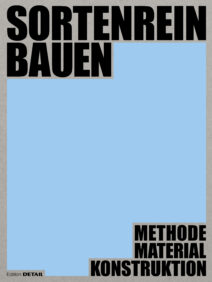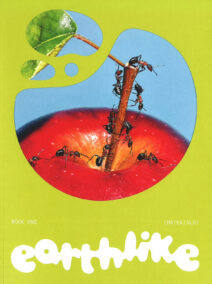Quo Addis? – Conflicts of Coexistence
The Professorship of Sustainable Construction at KIT Faculty of Architecture together with Marc Angelil of ETH Zürich and Bisrat Kifle of EiABC in Addis Ababa are presenting their long-standing research on Ethiopia and its capital Addis Ababa at the Venice Biennale 2020.
In Addis Ababa, the hybridization of territory comes in the form of shiny ensembles overshadowing indigenous settlements, traffic arteries disrupting the labyrinth of pedestrian paths, and agro-industries springing up next to what is left of subsistence farms, to mention just a few of the more striking spatial juxtapositions – and all this superimposed on the residue of past layers of nation-building processes.
Woven into this already complicated spatial hybrid are mixed modes of social organization (ethnic affiliations, religious groups, agricultural cooperatives, neighborhood associations, trade unions), along with various modes of production (agricultural, industrial, microentrepreneurial, service-oriented), all coexisting in multiple forms to produce a composite economy, including those practices that are considered informal.
This is the terrain on which the coming iterations of Ethiopia will have to be articulated, rather than it being wished away in some blank-slate development venture or beautification scheme.
The installation Quo Addis? – Conflicts of Coexistence (in the Co-habitats section of the exhibition) includes a fictional model of the city of Addis Ababa. The model is made of multiple layers, each representing a particular political regime whose traces remain in Addis Ababa’s urban socio-spatial fabric: (a) the Age of Empire, 1889–1936; (b) the Italian occupation, 1936–1941; (c) US- and European-sponsored modernization under Haile Selassie, 1941–1974; (d) the USSR-backed socialist regime, 1974–1991; (e) European Development Assistance, 1991-2005; (f) Meles Zenawi’s grands projets, 2005-2012; and (g) contemporary mega-development ventures sponsored by foreign actors – UAE, Saudi Arabia, China, etc. (2012-today).
To this amalgam, one more layer is added – namely, one foregrounding alternative ways of how Addis Ababa might live together.
Team: Marc Angélil, Dirk Hebel, Felix Heisel, Jenny Rodenhouse, Bisrat Kifle Woldeyessus
Willy Abraham, Nikolai Babunovic, Emmanuel Bekele Fulea, Katharina Blümke, Elena Boerman, Uta Bogenrieder, Sascha Delz, Sarah Graham, Andreas Heil, Ben Hooker, Philipp Jager, Anita Knipper, Ephrem Mersha Wolde, Manfred Neubig, Manuel Rausch, Bernd Seeland, Cary Siress, Sonja Steenhoff, Marta H. Wisniewska
Luca Diefenbacher, Georg Heil, Sebastian Kreiter, Selin Onay, Rouven Ruppert, Philipp Schmider, Julius Schwartz, Clemens Urban
